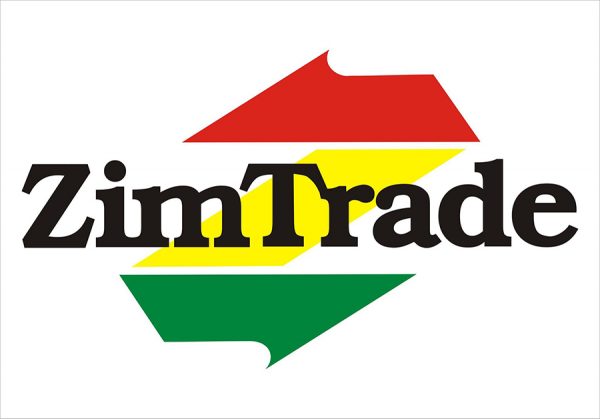
PLAYERS in the agricultural implements, pharmaceutical, manufacturing and engineering services sectors should tap into the rich Democratic Republic of the Congo (DRC) market to boost their sales in the face of a contracting economy, the country’s export promotions body has said.
BY MTHANDAZO NYONI
Many companies in Zimbabwe are reeling from severe effects of the prevailing liquidity crunch and failing to break even.
However, ZimTrade said there was huge opportunity for companies in the country to boost their sales by tapping into the DRC market.
The body conducted a market survey in the DRC last year in October and identified opportunities for Zimbabwean businesses in the agricultural implements and inputs, pharmaceutical, manufacturing and engineering services sectors.
To help local companies access the market, ZimTrade said it will disseminate findings on the DRC market survey on February 23 to 24, 2017 in Harare and Bulawayo, respectively.
The market survey gathered information on possible export products and services to consider specifically for the Lubumbashi market in the DRC, it said.
“In addition, the survey established other market related intelligence, which will enhance opportunities for Zimbabwean products and services to penetrate the Lubumbashi market,” ZimTrade said.
- Chamisa under fire over US$120K donation
- Mavhunga puts DeMbare into Chibuku quarterfinals
- Pension funds bet on Cabora Bassa oilfields
- Councils defy govt fire tender directive
Keep Reading
“There is, therefore, huge potential for Zimbabwe to tap into this lucrative market and subsequently increase its export market”.
Lubumbashi, the second largest city in the DRC, serves as a key commercial and national industrial centre, as well as the mining capital of the DRC. Lubumbashi’s proximity to Zimbabwe makes it easier and cheaper for local businesses to export goods and transport them either via air or road, the body noted.
In 2015, DRC’s import bill stood at $5,7 billion, with Zimbabwe contributing only $3,7 million (0,06%). Trade map revealed that 99,8% of Zimbabwe’s exports to the DRC consisted mainly of mineral oils and fuels, with the remaining going towards fish and crustaceans, hence the need to diversify the export product range.
China, the largest supplier, accounts for 25% of the total import bill, while South Africa is the second largest exporter, with a 16% market share.
Between 2010 and 2015, the DRC recorded an annual average economic growth rate of 7,7%, which exceeds the sub-Saharan Africa average.
According to the World Bank report released in April 2016, the DRC economy is expected to continue growing at an estimated rate of 8%, owing to increased investment and growth in the extractive industries, as well as the contributions of public works and the tertiary sector.











